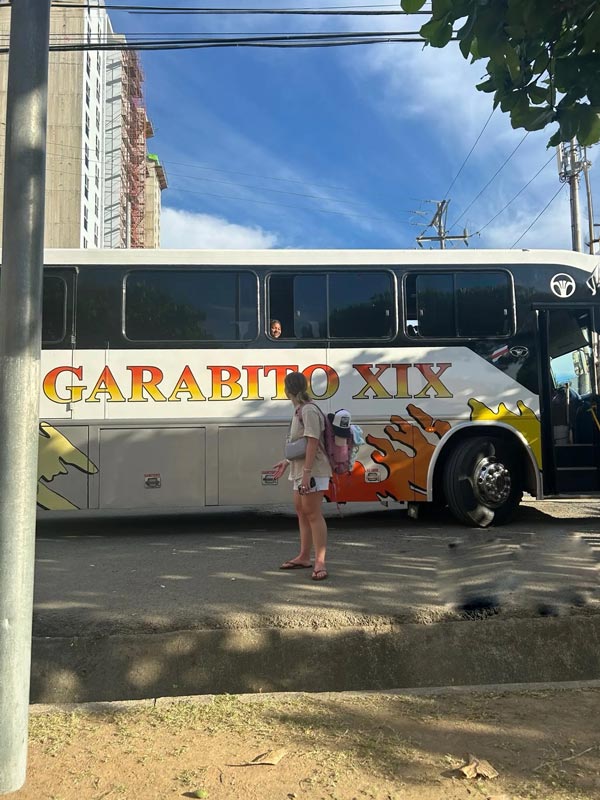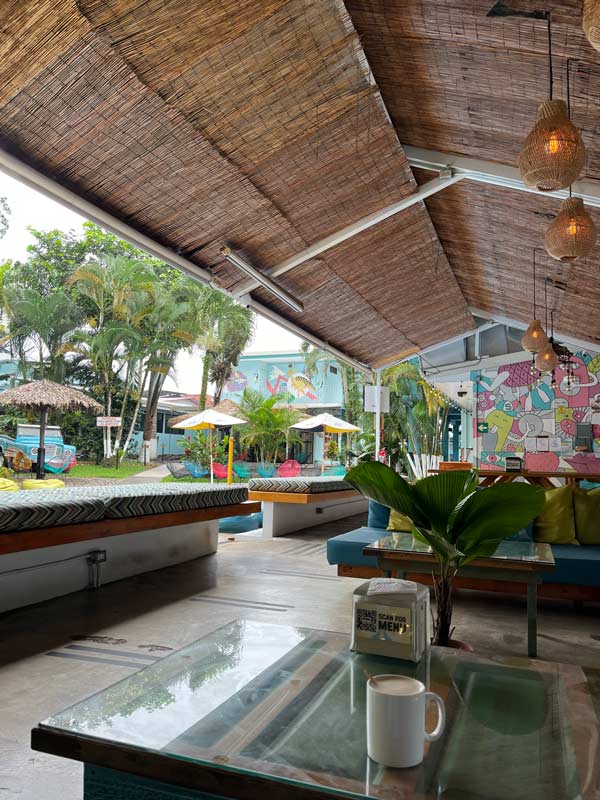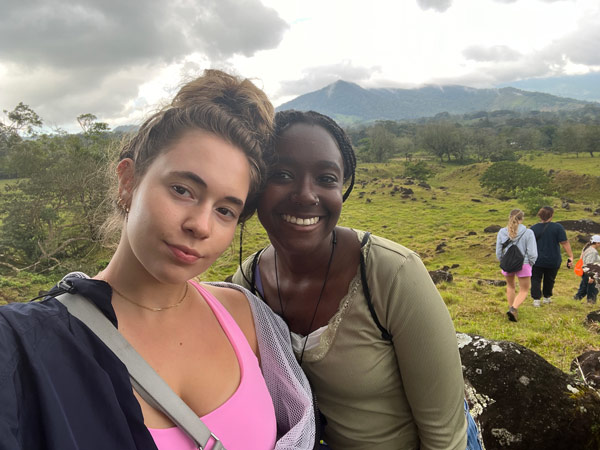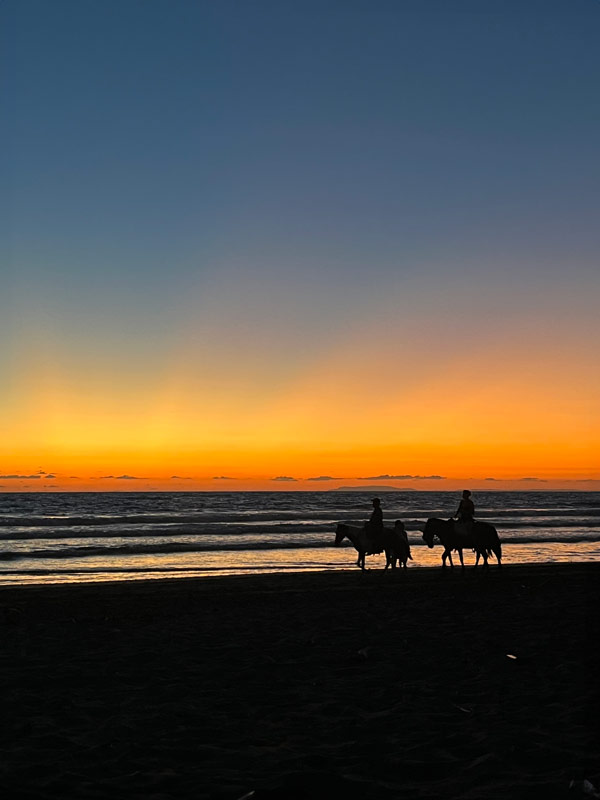4 Ways to Budget While Studying Abroad in San José, Costa Rica
While it’s worth every penny spent, studying abroad can be a bit pricey. I studied abroad in Costa Rica and I think I finally perfected my spending habits while there. Of course, I made some financial decisions prior to arriving, but here there are several things that arise that I evaluate. Here’s how to spend the least amount of money while still exploring and having a great time.
1. Stay with a Host Family
In my opinion, living with a homestay is definitely the better housing arrangement while living in Costa Rica. This may be completely biased because of the love I have for my Mama Tica, but there definitely are a great amount of benefits. Each day I’m provided with breakfast and dinner, leaving me to only find lunch for myself. I go to the store a couple times a month to grab some sandwich supplies for a quick, cheap, and sustainable meal in between classes. The homestays are a short walk to campus, saving money on transportation.
I found they overall tend to just be a cheaper option than living individually in an apartment, and have so many perks. I’m truly able to immerse myself in the culture, and have the amazing blessing of not having to worry about dishes, laundry and cleaning like I do at home. It’s truly an amazing experience and allows me to live like a local and improve my Spanish!

The delicious and thoughtful breakfast my Mama Tica made for me on Valentine’s Day.
2. Take the Bus as Main Means of Transportation
When in San José, walking is a very accessible means of transportation. There are very few times I need to take an Uber, but even so, the average Uber here costs about $4. On the weekends, though, when we travel to a different region of Costa Rica, we take a bus. There are other methods of travel, like a private shuttle, rental car or even plane in some cases, but those can be quite expensive. Buses are most definitely the way to go in Costa Rica.
There are bus stations all over, and they can take you to pretty much any destination in the country. For example, the closest beach to San José is Jaco, and it takes about an hour to an hour and a half to get there. I went two weekends ago, and it only cost me $6 round trip. You heard that right—only $3 for a one-way ticket. For a seven-hour bus trip to Tamarindo, it was only $12 one way. The buses are quite an economical and practical way of traveling.

My roommate Amari and I at the bus station communicating about when we'll get home.
3. Stay in Hostels
Once you take that bus ride to your destination, you obviously need a place to stay. Costa Rica has endless lodging options, but my recommendation is to stay in a hostel. I spent anywhere from $15-$25 for a night in a hostel. Depending on your comfort level, I suggest staying in the room with the most beds, as it tends to be the cheapest!
Besides the prices, hostels are great to stay in because of the people you can meet. I met people from all around the world and heard the most interesting stories! This is one of my favorite aspects about traveling abroad. Hostels also often have kitchens where you can cook any meal you desire, allowing you to save money by buying groceries versus going out.

The beautiful and scenic hostel that my friends and I stayed at in La Fortuna.
4. Take Advantage of the Free Activities
Costa Rica is one of the most active countries in the world, and it’s not because they spend all of their time in the gym. The ticos and ticas are naturally so active because of the environment they are in. It’s truly not necessary to spend money on a gym membership here—I haven’t and I feel as if I’m in the best shape of my life. I walk to school and through the city, I attend the free yoga classes offered at my school, and I hike abroad through the mountains. Always make sure to check out the free fitness classes your university offers! Most of my weekend adventures consist of me doing something active like hiking or some sort of adventurous sport.

My friend Ebony and I on a hike through the Miravalles Volcano!
While these are some specific tips and trips, my overall advice is to plan your budget out prior to your arrival. Figure out how much per week, month, or overall you can spend on things like food, weekend trips, and various wants. This saves you a lot of stress during your time abroad, and your bank account will thank you later!

The amazing sunset in Jaco that I spent $6 to go to and $20 to stay at.
Alexa Lambert is a Spring '24 CEA CAPA Content Creator studying abroad in Costa Rica.











